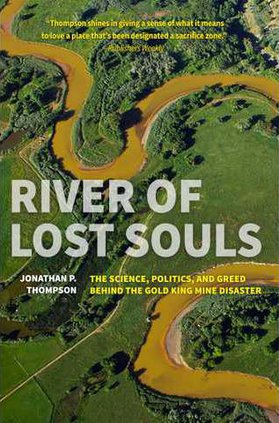ALBANY -- Incumbent Republican Sen. Saxby Chambliss asked his Democratic rival Monday how he could support a presidential candidate who has announced that he will make "protecting Florida's water resources" a priority, possibly at the expense of Georgia and Alabama.
The three states have been wrangling over the distribution of water in the Alabama-Coosa-Tallapoosa and Apalachicola-Chattahoochee-Flint River basins for years.
Democrat Barack Obama announced in Florida last week that he would ask the National Research Council to assess the water supply and determine how best to divvy up the valuable resource.
Chambliss asked the question during a Senate debate hosted by Albany television station WALB, featuring his two challengers, Democrat Jim Martin, a former state representative, and Libertarian Allen Buckley.
Martin said the water question was unfair, adding that "Obama meant a regional water plan."
"This is a serious issue," Chambliss replied, noting that some north Georgia communities, including the city of Atlanta, depend on the Chattahoochee for drinking water. "We can't have a president who favors one state over another. There should be an equitable sharing."
Martin said he'd be a strong leader in Washington who would have the courage to disagree with the president on issues such as water sharing and economic policy, if they seem detrimental to Georgians.
The candidates also discussed the need to reduce government spending, but Chambliss accused Martin of supporting a presidential candidate who would raise spending significantly.
"I would stand up to Obama if he's wrong," Martin said.
Turning to the economy, Martin said Chambliss supports economic stimulus that starts with the wealthy and trickles down, while he believes the nation needs to "get money in the pockets of the middle class."
Asked about his support for the so-called Fair Tax, the replacement of federal income taxes with a national sales tax, Chambliss said the Fair Tax would give Americans more spending money and eliminate a complicated tax code.
But Buckley shot back: "Anybody who supports the Fair Tax shouldn't be taken seriously. That's our U.S. Sen. Saxby Chambliss."
The candidates also discussed the $700 billion Wall Street bailout, the military, health care, Social Security and the environment.
Chambliss, who has been criticized even by conservatives for supporting the bailout, said he did so only after consulting with Georgia bankers and business leaders who felt it was the only way to avert a crisis, and then only after some protections were added.
"I'm concerned about retirement savings and 401(k)s," Chambliss said in his closing statement. "I've provided strong leadership. I'm going to continue to fight to protect your retirement savings."
"Georgia deserves a senator who will fight ... to protect retirement funds (and the) the military," Martin said, adding that he has a long record of standing up for the middle class.
Buckley said cutting the national debt is critical to the nation's future.
"A nation founded on debt will ultimately become a weak nation," he added.




